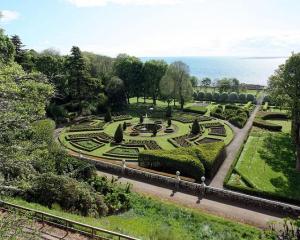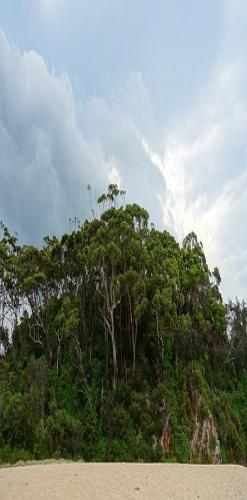 A team of Russian scientists claims to have successfully generated living plants from the fruit of a small arctic flower that died 32,000 years ago. The fruit of the narrow-leafed campion was frozen, stored in a ground squirrel’s burrow on the Tundra of northern Siberia.
A team of Russian scientists claims to have successfully generated living plants from the fruit of a small arctic flower that died 32,000 years ago. The fruit of the narrow-leafed campion was frozen, stored in a ground squirrel’s burrow on the Tundra of northern Siberia.
The fruit, excavated a number of years ago, is the oldest tissue on record to produce a living plant, if the claim is true. Scientists are familiar with the concept of seeds and cells surviving long periods when exposed to the right conditions. However, previous experiments involving extreme longevity were often failures, when the original seeds were tested by the radiocarbon method and found to be modern. These attempts include tales of wheat grown from seeds stored in the pyramids, as well as Lupines grown from seeds in a Yukon lemming burrow that was over 10,000 years old. Both specimens proved to be modern contaminators.
The current legitimate record is held by a date palm germinated from a seed that was found amongst the ruins of the ancient fortress of Masada, in Israel. That seed was a bit more than 2,000 years old.
The Russian experiment, mind-blowing in proportion to previous findings, is indeed supported by a firm radiocarbon date. It has also been tested in the field of DNA, though some discredit the method’s accuracy.
The experiment team included Svetlana Yashina and David Gilichinsky of the Russian Academy of Sciences research center. The outcome of their efforts was released in The Proceedings of the National Academy of Sciences in the U.S.
Dr. Zazula of the Yukon Paleontology program said “This is an amazing breakthrough. I have no doubt in my mind that this is a legitimate claim.” Zazula’s confirmation of the report is especially significant, as he was the scientist to discredit the Lupine seeds found a number of years ago.
The Russian team was unable to germinate the actual seeds, and so removed cells from the ancient fruit’s placenta. These they grew in culture dishes, and produced 36 ancient plants. The specimens seemed identical to modern day narrow-leafed campions, though their flowers proved to have narrower, more “splayed-out” petals.
For additional details about the experiment, see the full article here.
